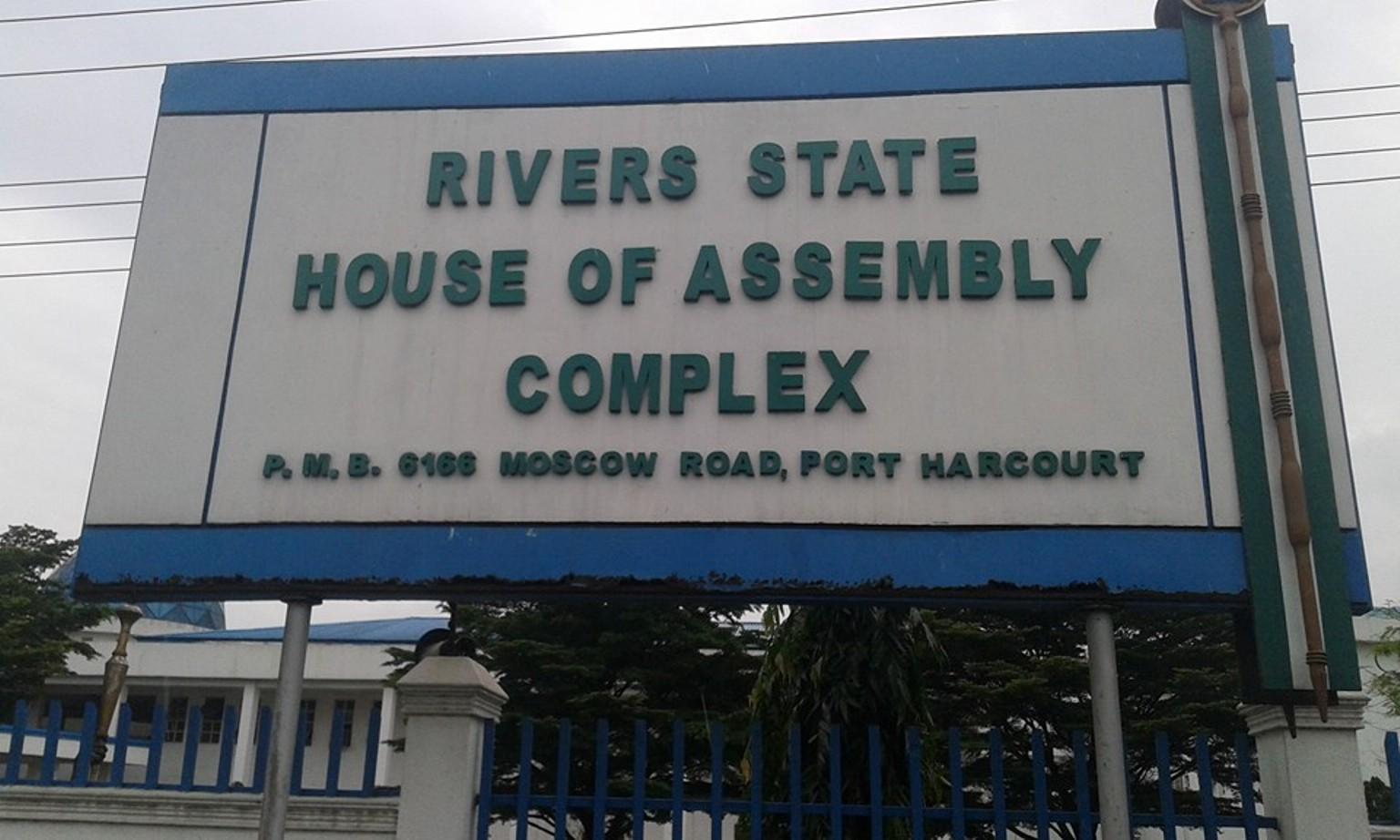Nigerians may no longer be able to carry out international transactions as Egmont Group is considering expelling the Nigeria Financial Intelligence Unit (NFIU) because of governance issues.
A major consequence of the expulsion will be the blacklisting of Nigeria in international finance.
This could affect the use of MasterCard and Visa credit and debit cards by Nigerians.
It could also affect the international rating of Nigerian financial institutions, restricting their access to some big-ticket international transactions.
Nigeria will also no longer be able to benefit from financial intelligence shared by the other member countries, including the US and the UK.
Also to be affected is the country’s ability to recover stolen funds abroad.
The expulsion is part of the agenda of Egmont’ working group and heads of FIU meeting between March 2 and March 7, in Buenos Aires, Argentina.
The group, comprising 153 countries, mandates its members to establish a financial intelligence unit that serves as a national centre for the receipt and analysis of (1) suspicious transaction reports; and (2) other information relevant to money laundering, associated predicate offences and financing of terrorism, and for the dissemination of the results of that analysis.
All advanced countries are members of the group, which is an initiative of the American government.
Online news portal, TheCable, reported in July 2017 that the group had suspended Nigeria, citing interference of the Economic and Financial Crimes Commission (EFCC) in the workings of the NFIU.
The body had asked Nigeria to amend the law establishing the NFIU to make it autonomous.
It also accused the NFIU of failing to protect “confidential information, specifically related to the status of suspicious transaction report (STR) details and information derived from international exchanges”.
“The heads of FIU made a decision, by consensus, to suspend the membership status of the NFIU, Nigeria, following repeated failures on the part of the FIU to address concerns regarding the protection of confidential information, specifically related to the status of suspicious transaction report (STR) details and information derived from international exchanges, as well as concerns on the legal basis and clarity of the NFIU’s independence from the Economic and Financial Crimes Commission (EFCC). The measure will remain in force until immediate corrective actions are implemented,” Egmont group had said at the time.
The Senate had passed the bill granting the NFIU autonomy few days after TheCable reported its suspension.
In December, Ibrahim Magu, acting chairman of the EFCC, said NFIU had been separated from the EFCC.


















/origin-imgresizer.eurosport.com/2024/03/02/3920892-79650608-2560-1440.jpg)
